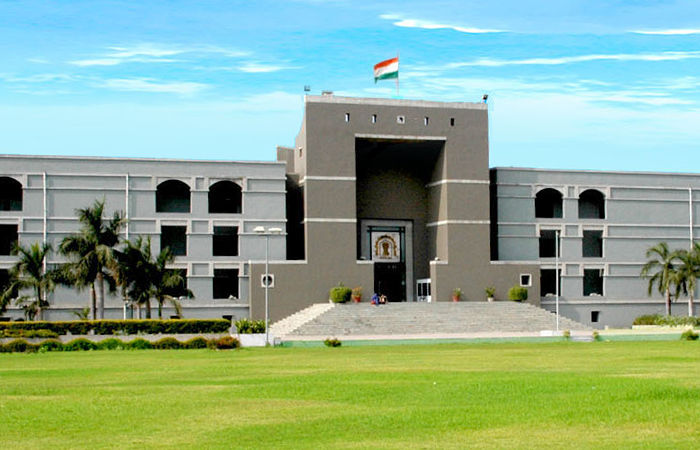The Gujarat High Court ruled that the “cash canteen subsidy” qualifies as “the cash value of any food concession” and is included in the dearness allowance

This decision came from an appeal against a previous ruling that favored Reliance Industries Ltd. A Division Bench, consisting of Justice A.S. Supehia and Justice Gita Gopi, stated that after thoroughly reviewing the facts, laws, and past court decisions, they concluded that the cash canteen subsidy meets the criteria for food concessions. It falls under Explanation 1 of Section 6 of the EPF Act, 1952, and is therefore part of the dearness allowance, making it subject to provident fund deductions. The Single Judge was found to have made an error in overturning the decisions of the statutory authorities.
A conflict arose between the appellant, the IPCL Employees Association, and the respondent, RIL, over the “Canteen Subsidy” of Rs. 475 per month given to the association’s members. A settlement was reached under Sections 12(3) and 18(3) of the Industrial Disputes Act, 1947, which increased the subsidy from Rs. 300 to Rs. 475. However, the settlement did not clarify if the subsidy was part of basic wages or dearness allowance. The issue was then brought before the Employees Provident Fund (EPF) authorities. After hearing both sides, the Regional Provident Fund Commissioner determined that the “Cash Canteen Subsidy” was considered “dearness allowance,” making RIL responsible for contributing under the EPF Act. RIL later requested a review of this decision, but it was denied. They then appealed to the Appellate Tribunal, which also dismissed the case. A Single Judge later overturned all previous orders, prompting the Association to appeal to the High Court. The High Court noted that the respondent industries provide food at subsidized rates in 12 canteens through contractors. The food prices are fixed, and the cash canteen subsidy was increased from Rs. 300 to Rs. 475, and then to Rs. 525 starting January 1, 2002. The industries also adjusted food prices, linking these changes to the cost of living, which is a key component of dearness allowance meant to help employees cope with inflation.
The Court stated that food prices are closely linked to inflation, which means they can be adjusted. As a result, the canteen subsidy is also updated. It noted that while the cash value of food concessions isn’t exactly the same as dearness allowance, the law treats it similarly because of their basic similarities. The Court explained that the cash value of food concessions and dearness allowance share similar features and are connected. The law has intentionally kept both out of Section 2(b), but they are included for calculating contributions to the provident fund under Section 6 of the EPF Act, 1952. The explanation in Section 6 mentions that dearness allowance includes the cash value of any food concession given to employees. Additionally, the Court clarified that the cash value of food concessions is considered an allowance and is part of dearness allowance due to this legal interpretation. All three benefits—dearness allowance, discounted food, and canteen subsidy—are available to employees during their work.
Canteen subsidy refers to a discount on food provided to employees. The cash canteen subsidy is linked to the prices of food items sold at reduced rates to those who do not choose the cash option. This means that the prices for subsidized food in canteens are determined based on the cash canteen subsidy, and vice versa. The cash value of this subsidized food acts as a cash concession, which qualifies as part of the dearness allowance. The Court noted that even if an employee does not use the concessional food prices every day, this does not exempt the establishment from making provident fund deductions. It is a well-established legal principle that beneficial laws should be interpreted broadly to achieve their intended purpose. If there are two possible interpretations, the law will favor the one that benefits employees. The Court ultimately supported the appeal and overturned the previous judgment.
Cause Title- IPCL Employee Association (Bhartiya Majdoor Sangh) v. Reliance Industries Ltd. (Neutral Citation: 2024:GUJHC:58705-DB)
Appearance:
Appellant: Senior Advocate Shalin Mehta and Advocate Aditi S. Raol.
Respondent: Senior Advocate K.S. Nanavati, Advocates E. Shailaja, Kunal Nanavati, Mayur Dhotare, and Shyam P. Naik.








